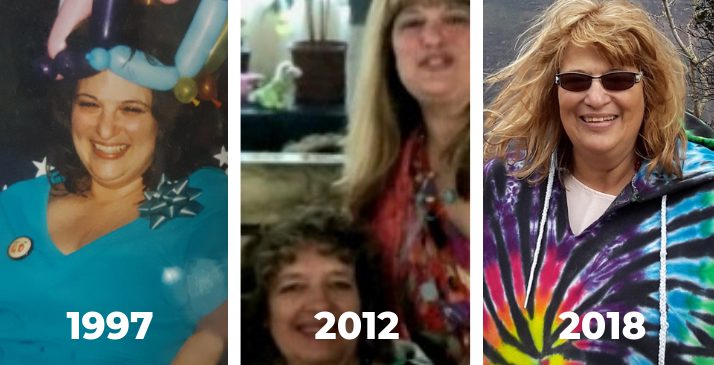Most transplant patients consider the procedure their “second chance at life.” But Janice Reeg, a Pittsburgh native who received three separate transplants in the past 21 years, has had four chances thanks to others who chose to give life through organ donation.
Reeg’s story began in 1996 when she found herself unable to walk up a flight of stairs without having to stop and catch her breath.
“I thought it was allergies at first,” said Reeg, 58.
When she went to get a check-up, however, the allergist suspected something more. A few tests later, Reeg was diagnosed with idiopathic cardiomyopathy, and quickly became aware of the grim statistics associated with the disease.
“A third get better, a third stay the same, and a third get worse,” Reeg said. “I got worse.”
Out of medication-related options after 15 months, Reeg had her first heart transplant in 1997. Thanks to the operation, she said, she was back to feeling like her normal self.“I felt great — I was getting better every day.”
That great feeling lasted until 2012 —15 years after her heart transplant when she found herself on another transplant list. This time, it was for a kidney.
After receiving a transplant, patients are typically prescribed immunosuppresants to decrease the likelihood of organ rejection. While these drugs can be effective against rejection, they can also be hard on the body over time, which was what happened to Reeg’s kidneys.
Despite there being over 95,000 patients on the waiting list for a kidney transplant in the U.S., Reeg didn’t have to wait very long, thanks to a living donor.
“My sister-in-law got tested and ended up being my perfect match,” Reeg said. “Once everything was approved, things started moving very quickly and the transplant was scheduled.”
Dr. Amit Tevar, director of the kidney and pancreas transplant program at UPMC, said living donation was the best option for Reeg.
“A living donor kept Janice from having to possibly wait years on the waiting list for a deceased donor,” he said. “Through her sister-in-law’s selfless act, we were able to transplant Janice at a healthier state.”
After the successful kidney transplant, Reeg was back to feeling 100% again — until she was scheduled for a second heart transplant in April 2018.
“I started getting symptoms of shortness of breath again,” Reeg said. “There was no specific diagnosis, although I was a candidate for congestive heart failure.”
In reality, transplanted hearts typically have a lifespan of about 20 years. After 21 years, Reeg was ready for a replacement.
“Janice is an inspiration for our entire heart failure team,” said Dr. Christopher Sciortino, surgical director of the UPMC Advanced Heart Failure Center. “Through all that she has gone through, she always remained upbeat and optimistic. Her strength and perseverance helped her through a second heart transplant in amazing fashion. We are thankful to have Janice as one of our patients, and take great pride in seeing her phenomenal recovery.”
Today, more than a year out of her third transplant, Reeg is happy to be alive. While she is still in the healing process, she doesn’t take a single day for granted and is thankful to her donors and UPMC for giving her the opportunity to live.
“I’ve had such an amazing support system through all of this,” Reeg said. “And I’m definitely an advocate for organ donation. It saved my life three times.”
She went back to work part-time in September 2018 and began working full-time in March 2019 as a systems analyst for UPMC.









